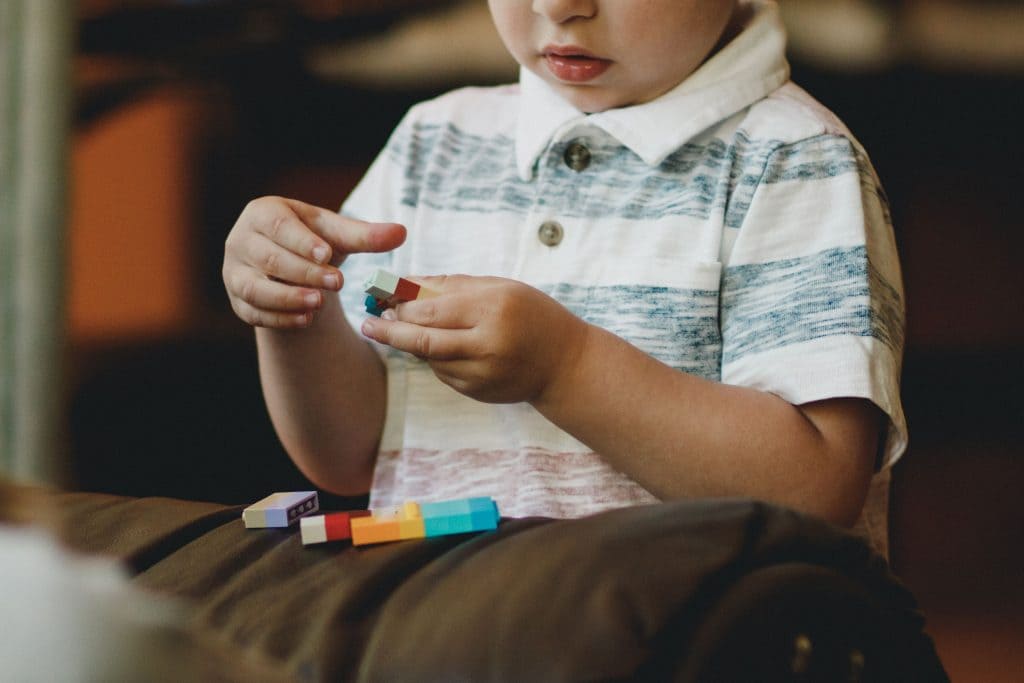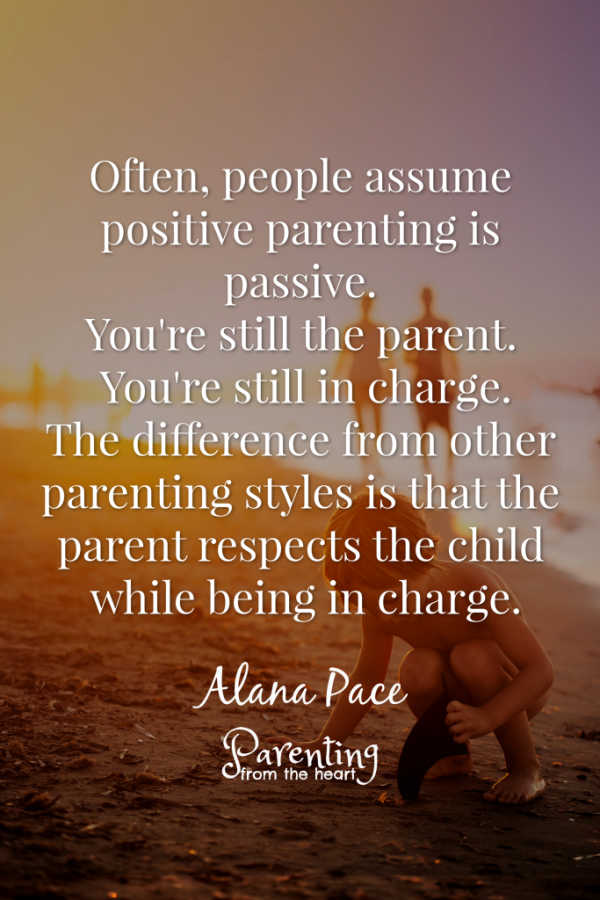It can be maddening when kids don’t listen. These are research-based strategies that will teach you how to…
It can be maddening when kids don’t listen. These are research-based strategies that will teach you how to get kids to listen calmly and effectively.
The number one question I get from parents joining our facebook group or when emailing me is: How do I get my kids to listen better?
Though we have struggled with good listening numerous times before, there is one scenario that always comes to mind. It went like this…
The baby was underfoot as I juggled packing lunches and making breakfast.
My body ached from a night of nursing. Because we were running behind, I would have to wait before I could start the coffee.
While shoving frozen yogurt tubes and mini carrots into their brightly coloured lunch boxes, I told my school-aged kids it was time to get dressed.
No response.
“Hey,” I shouted. They both looked at me. “It’s time to turn off the TV and get dressed.”
Their clothes were already laid out so there was no reason they couldn’t get ready in a timely manner.
Still, they didn’t budge.
I scooped up the baby and grabbed the remote. With the TV off, they went upstairs.
Minutes later, the coffee machine beeped. I had my cup of coffee but had yet to see a clothed child.
So, I scooped up the baby and huffed my way up the stairs.
I could see my daughter’s soft pink pyjamas in front of her bedroom door.
Relief.
I opened her door to let her know it was time to leave…
Her closet was open.
A plastic hanger and clothing tags were on the floor.
And she… well… she was dressed in her bright pink rash guard and tutu bathing suit bottoms.
I didn’t know if I should laugh or cry or both.
It’s because of moments like this the novelty of this meme still hasn’t worn off.
Since that bathing-suit-clad morning, I have spent a considerable amount of time both reading and researching effective strategies on how to get kids to listen. And though I now have powerful and effective strategies to improve kids listening, I have some inconvenient truths too.
Thanks to the gift of free will, there is no magic combination of techniques, no matter how effective, that will result in kids listening all the time.
When children don’t listen, it can be tempting to force them to comply. However, when anyone is coerced to do something, they lose their moral agency (1). They are not acting because they see the value in the behaviour or want to do good. Studies show the more a parent uses force, the less effective coercion becomes. In fact, children become more likely to rebel (2). They are also more likely to behave when the threat of punishment or the person who might punish is present, but do what they want when the threat isn’t there.
Because of this, it is best to only use force in matters of safety. Such as when a child could get hurt or hurt another.
For example, using these techniques on a child with an easy temperament will be relatively simple. Parents of strong-willed children will need more patience, creativity and adaptability when getting their children to listen.
These strategies work. But, they take practice before they become second nature. And, even when they do become second nature, there are still times you won’t perfectly execute. You’re human. Sometimes you’ll be tired and slip up. And, no matter what, there are no perfect nor near-perfect parents. If listening starts to slip, forgive yourself and then get back on track.
When a child isn’t listening, it’s important to ask:
It may seem obvious but more times than I can count, I have wasted so much time redirecting my son’s behaviour only to realize he’s starving. In the case of my daughter, her behaviour gets worse when we haven’t had one-on-one time. (Note: one-on-one time can be just ten minutes doing something she enjoys with me.)
Related download: 15+ Ideas to Connect to Improve Behaviour
Positive language is easier to listen to than negative language. During speaking events, as well as in the book The Yes Brain Child, Dr Daniel Siegel prompts people to close their eyes and say no repeatedly out loud. Then, he prompts them to say yes repeatedly and observe how they feel. During the no prompt, people report feeling shut down, defensive, and even agitated. During the yes component, people feel relief and at ease.
This is because the child needs to listen to what you have said and deduce what he should be doing instead. While this may be obvious for an adult, for a little person who is loving the excitement of bowling over household items with his soccer ball, it is more challenging.
Consider being at a social gathering where you’re catching up with a longstanding friend. Your partner interrupts your conversation and says, “We need to go.”
Chances are, you would feel a little blindsided.
Children respond similarly when we tell them what to do without any appreciation of their perspective.
For example, instead of, “Clean up your lego. It’s time for dinner.” Try, “Look at your Minecraft Lego! You’ve really worked hard to put this together. It’s time to put it away and set the table.” (This is the equivalent of your partner coming up to you at the party, acknowledging your conversation with your friend by waiting until you’re done talking, and then saying he wants to leave.)
By appreciating what he’s doing, the child feels respected and is more inclined to cooperate.
This approach will feel a bit foreign at first. But the more you use this approach with your children, the more it will feel like second nature.

Unless you want a yes or no answer, do not ask a question. This means no longer saying things like:
A common misconception about positive parenting is that it is passive. You are still the parent. You are still the one in charge. The only difference from other parenting styles is that you demonstrate respect for the child while being in charge.

When I first read about this technique in the book, How to Talk so Kids Will Listen and How to Listen so Kids Will Talk, I thought that this idea would open me up to more power struggles. But, because the best selling book is chalked-full of practical tips and insights, I decided to give it a try.
Just as with other techniques outlined in the article, it will take some practice at first. Soon, you and your child will have less back and forth over chores and expectations because you will have clear expectations and he will feel respected.
Instead of asking them when they plan on doing something, ask questions like:
The child feels like she has more control and the parent experiences fewer power struggles.
Just as is the case when children hear no on repeat, when we lecture, their brains become less receptive to what we are saying. As such, when it comes to disciplining children, less is more.
Instead of: “You left your shoes on the ground. I told you to put them away.”
Try: “Shoes.”
Or, instead of: “What are you doing? I told you to start your homework fifteen minutes ago. You’re still in front of the TV!”
Try: “Homework.”
Most of the time, kids know when they’ve forgotten or ignored expectations. A reminder is much more effective than being berated.
If a child is overwhelmed, unfocused, or simply struggling, your support likely is just what she needs. Whether it’s working beside him as he does his homework or cleaning up with her as she does her chores, everything becomes easier with scaffolding.
Because children have their own free will, they won’t listen all the time. And because we are human, we won’t perfectly execute these strategies all the time. We want to raise children who want to do what’s right. And as such, we cannot force them and take away their moral agency. Instead, we need to adopt a balance of being firm and warmly guiding our kids. This approach takes practice. But the more we use these techniques the more our kids will not only listen but also embody our values even when we’re not around to guide them. Ultimately, this will make our jobs as parents easier.
How to Talk so Kids Will Listen and How to Listen so Kids Will Talk
This is How to Get Kids to Listen Without Yelling
The Yes Brain Child – How to Cultivate Courage, Curiosity, and Resilience in Your Child
Parenting a Strong-Willed Child: Why Science Says This is the Key to Doing it Right
Like this post? Click on the Image below to save it for later!

Being a teenager is like standing on a bridge between childhood and adulthood. It’s exhilarating, confusing, lonely, and…
You know, growing up isn’t a cakewalk. We all face those bumps and hitches that shape us into…
Ever caught yourself nudging a rogue pea back into its lane, even though you’re decades past the kids’…